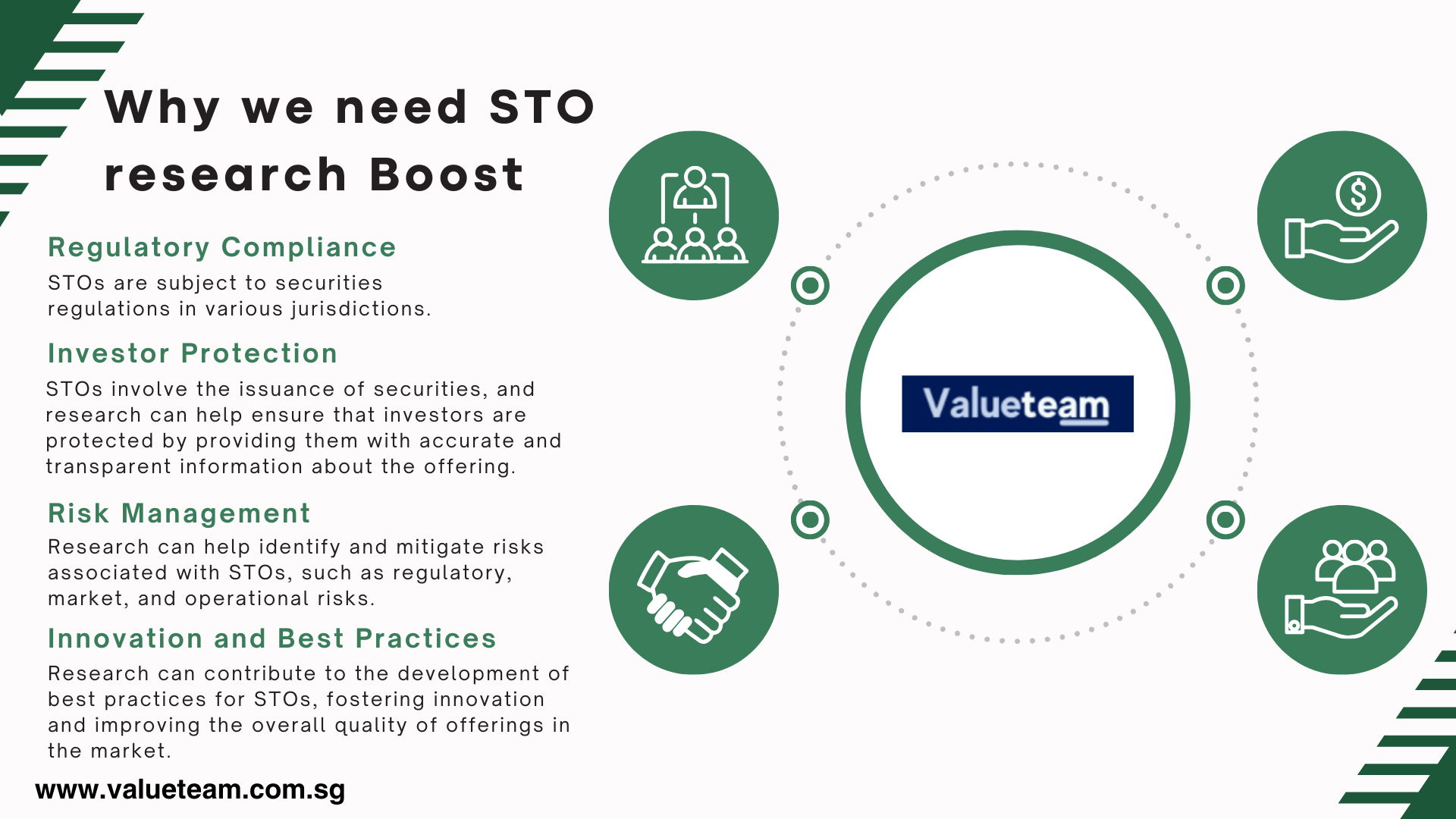In a friendly tone: The EBITDA multiple is a valuation method that is used to determine the value of a company by comparing it to its earnings. This method is often used to value smaller companies.
EBITDA stands for Earnings Before Interest, Taxes, Depreciation and Amortization. EBITDA multiples are often used in the startup world because they are easy to calculate and can be applied quickly to new companies that don’t have much history or financial data.
One of the main reasons why investors like using EBITDA multiples instead of other valuation methods is because it’s easier to compare different companies in different industries. This makes it easier for investors to compare the value of one company against another without having to worry about whether or not they’re doing apples-to-apples comparisons.
Why Use EBITDA in Business Valuation
When it comes time for your company to raise money from outside sources, you need proof that your business can generate revenue and profits on an ongoing basis before anyone will give you money (unless you have an exceptionally good credit score). If your company doesn’t have any revenue yet, how can you prove that it’s worth investing in?
Here are some examples
Purchase price allocation (PPA) is a way to assign costs to the assets acquired in an acquisition or merger.
Why Use EBITDA in Business Valuation
Convertible Instruments Valuation
Startup valuation is the process of determining the value of a startup. Startups are companies that are in the initial stages of development and have not yet reached maturity. The valuation of a company is the process of determining its worth as an asset or company. This can be done by looking at financial statements and other information about the company’s assets, liabilities, revenues, expenses and so on.
In this article we will look at three different methods used to determine a startup’s value:
EBITDA (Earnings Before Interest Taxes Depreciation and Amortization)
Startup valuations based on EBITDA are generally considered to be more conservative than those based on revenue multiples because they focus on cash flow rather than growth projections or total sales figures. EBITDA is calculated by subtracting operating expenses from revenue during a specific period. It represents how much money a company actually makes before paying taxes or accounting for depreciation costs or amortization charges related to intangible assets such as patents or trademarks (more on this later).
If we use the example above, our new spreadsheet would look like this:
business valuation singapore, real estate valuation methods, Company Valuation, Business Valuation Services, all business valuation, company valuation share, ESOP Valuation, Convertible Instruments Valuation, buy side due diligence, Brand Valuation Services, Startup Valuation, sbxhrl, Intangibles Valuation, purchase price allocation, real estate valuation, how to value a company, valuer singapore, valuation value singapore business drivers net tangible assets value$ singapore agricultural companies use fair value for purposes of valuing crops. valuation of tangible assets, ebitda margin formula.

